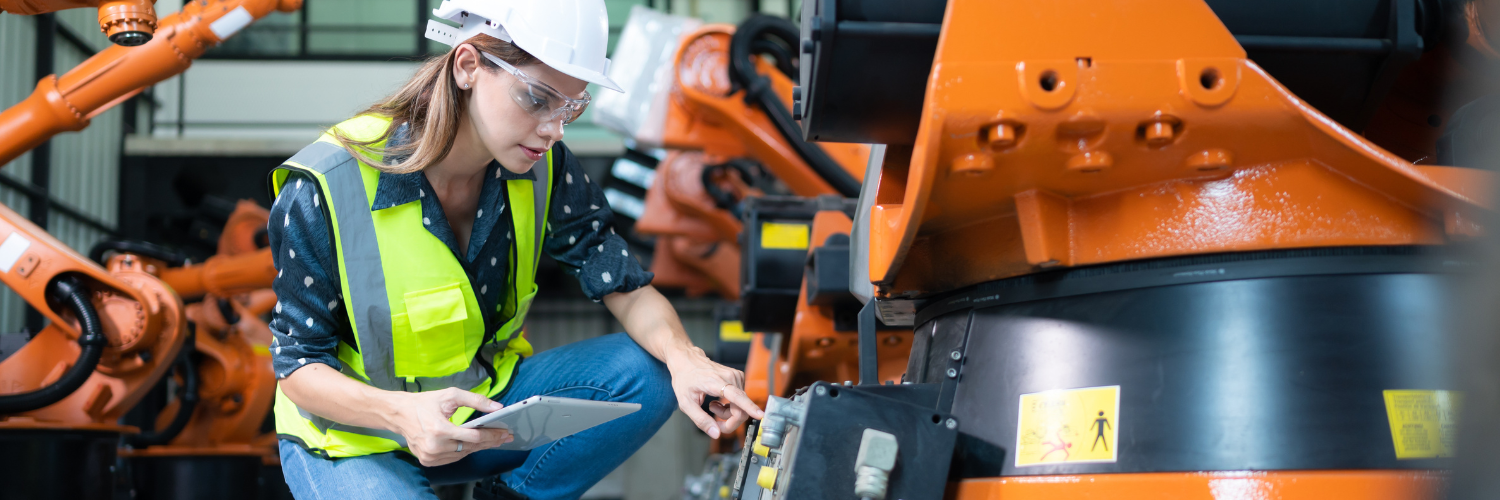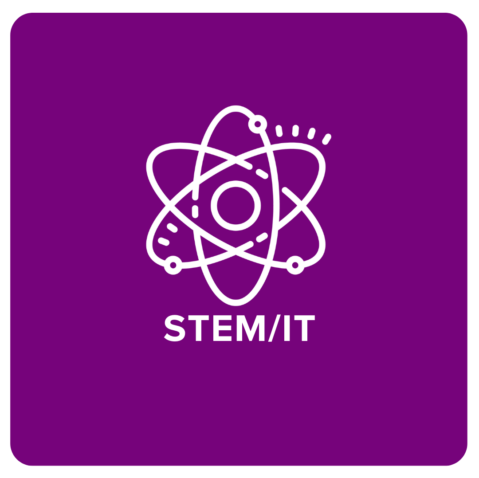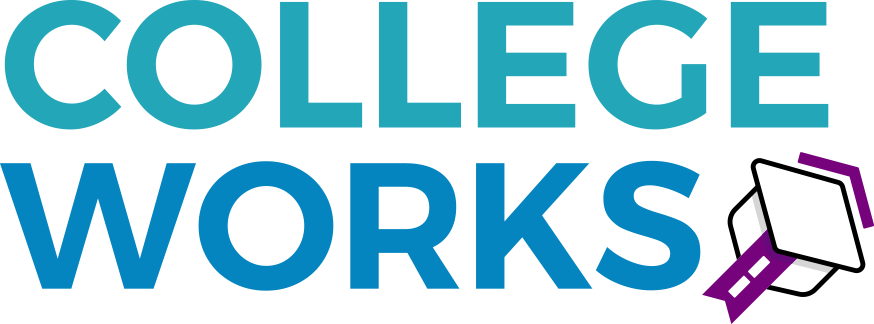
Calibration Technologist or Technician
Calibration technologists and technicians execute or adapt procedures and techniques for calibrating measurement devices by applying knowledge of measurement science, mathematics, physics, chemistry and electronics, sometimes under the direction of engineering staff.
They determine measurement standard suitability for calibrating measurement devices and may perform preventive maintenance on equipment or corrective actions to address identified calibration problems.
To succeed in this profession, individuals need to have logical-thinking, mechanical, mathematical and problem-solving skills along with being good at observation and communications.
As part of their job, they analyze test data to identify defects or determine calibration requirements. They calibrate devices by comparing measurements of pressure, temperature, humidity or other environmental conditions to known standards. They also conduct calibration tests to determine the performance or reliability of mechanical, structural or electromechanical equipment. They also develop new calibration methods or techniques based on measurement science, analyses or calibration requirements.
They may perform additional tasks, including developing and operating calibration software, maintaining data, performing inspections on equipment and training technicians.
If you’re interested in becoming a calibration technologist or technician, you’ll need vocational training or an associate degree.
$32,876
entry level salary estimate
$73,141
experienced level salary estimate
1,274
projected annual job openings

Programs for Calibration Technologists or Technicians
Discover your future in STEM/IT.
Fascinated by science and technology? If you want to be at the forefront of using cutting-edge technologies or making scientific discoveries, you can pursue your passion with a career in STEM/IT. Many opportunities exist in this fast-growing area, from scientists and engineers to software and web developers – and in many different industries, from telecommunications and healthcare to construction and manufacturing. For most STEM/IT careers, you’ll need an associate’s or bachelor’s degree.

Additional In Demand Careers in STEM/IT
Architectural and Civil Drafter
Computer Systems Analyst
Computer User Support Specialist
Electrical and Electronic Engineering Technologist or Technician
Electrical Engineer
Industrial Engineering Technologist or Technician
Mechanical Engineer
Network and Computer Systems Adminstrator
Software Developer
Software Quality Assurance Analyst or Tester
Web Developer/Video Game Designer
Sources:
Texas Labor Market Information, Texas Workforce Commission. Statewide wages by occupation, 2021. Statewide projections by occupation, 2020-2030.
Get in touch
Stay connected
Interested in learning more about the college and career options that might be right for you? Whether you are a student, a parent, or counselor, sign up to our email list and we’ll keep you updated as our site grows to include even more programs and areas of interest.
